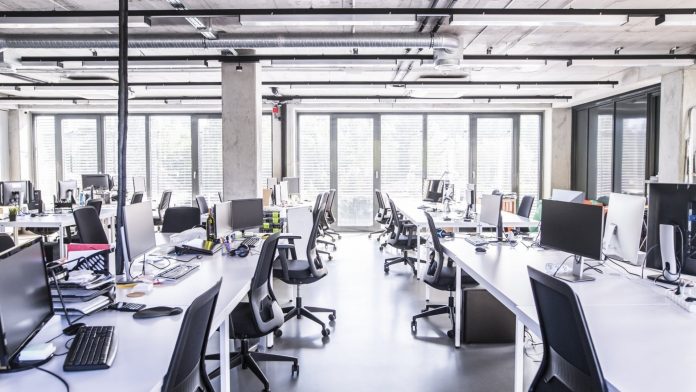The Covid-19 pandemic has not only put pressure on the global economy, it has also unveiled the need for governments to address the issue of housing shortages; which has been plaguing the Asian region for several years now. Urban experts have said that such pressure has allowed authorities more freedom to convert empty offices.
In November, the South Korean government said that it will be adding 114,000 homes for public housing within the next two years by buying and converting empty hotels and offices into residences.
On the other hand, Singapore has been pushing to redevelop old office spaces in its central business district with new incentives for converting excess car park spaces into residences, shops, restaurants and indoor farms.
“Governments and developers across the region are looking at converting commercial space into housing,” said Justin Eng, an associate director of research at real estate consultancy Knight Frank Asia-Pacific, adding that it is still only “sporadic”.
Eng also mentions that such plans have been in motion long before the Covid-19 pandemic hit, but the coronavirus has certainly accelerated these plans. However, he also said that the scheme would be more viable for converting hotels and service flats into residences.
“Changing an office to residential would take longer and cost more. The added costs might not make the change of use financially feasible,” he said. Regardless, with the work-from-home model proving its viability under current circumstances, it has become more apparent that business districts will need to have more mixed uses with more live-in population.
Unfortunately, this solution is not necessarily viable for everyone. In India, quality office space remains in short supply across top cities. According to Anuj Puri, chairman of Anarock Property Consultants, property prices remain high.
Instead, it may be “far more feasible” to turn any unused offices into warehouse spaces for e-commerce companies that have seen a boom in demand during the pandemic, he said.
Some experts have also expressed their concerns regarding such conversions. According to Tony Matthews, a lecturer in urban and environmental planning at Australia’s Griffith University, it would be far more feasible to convert offices into modern manufacturing facilities such as 3D printing, vertical schools, or urban farms. Conversion of offices into housing could potentially lead to many problems due to a lack of public transport and services, and social isolation.




















